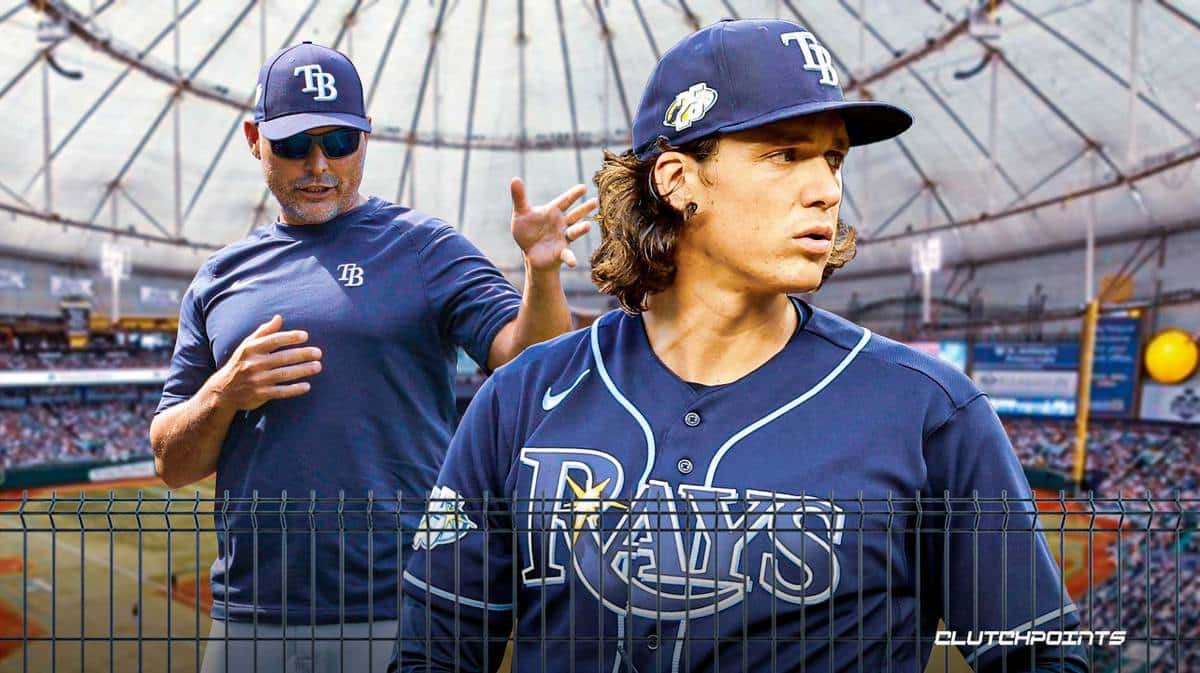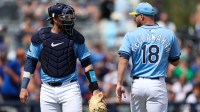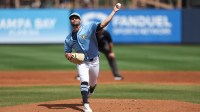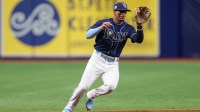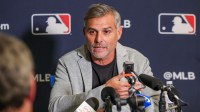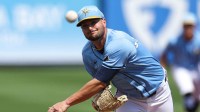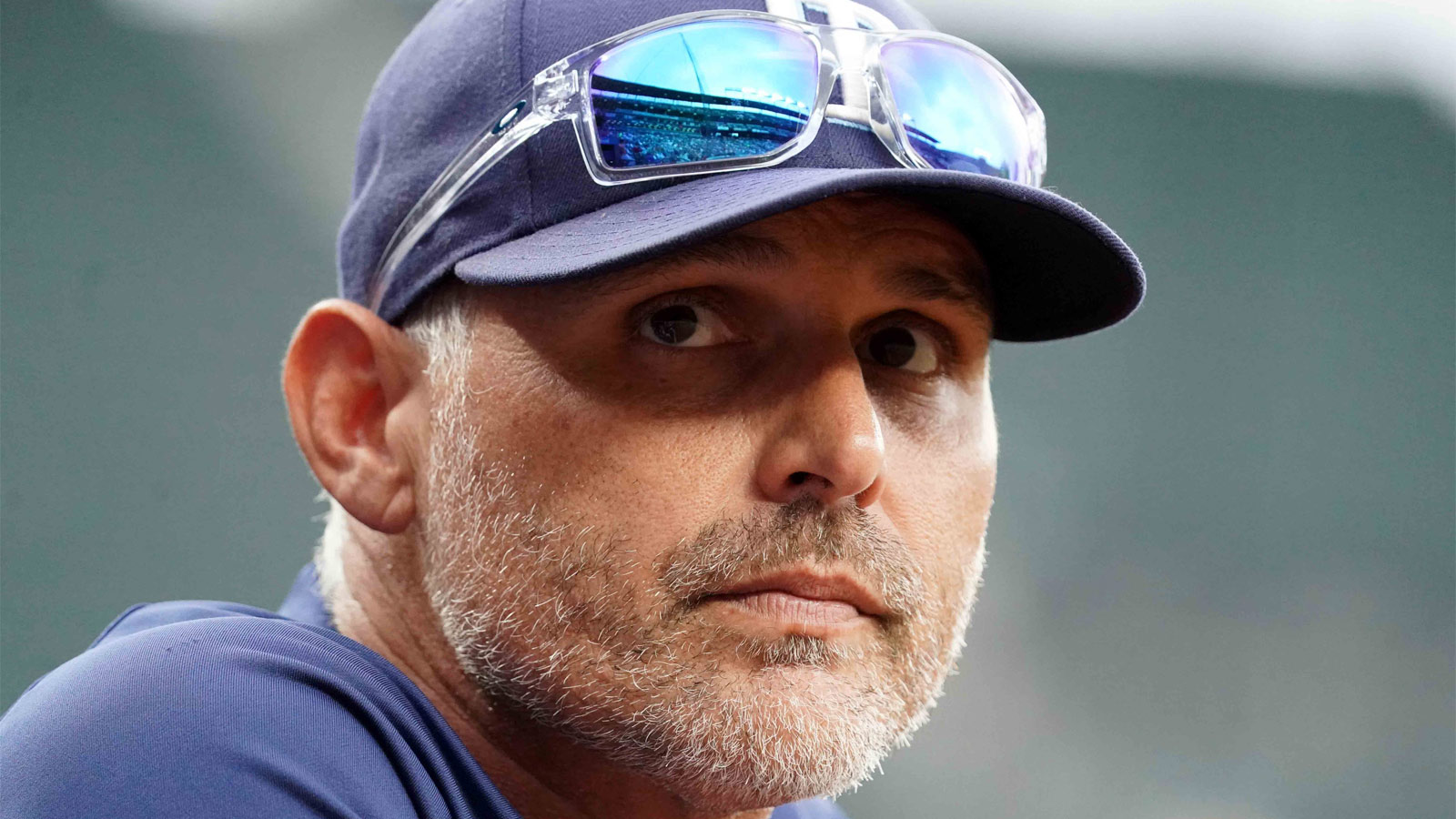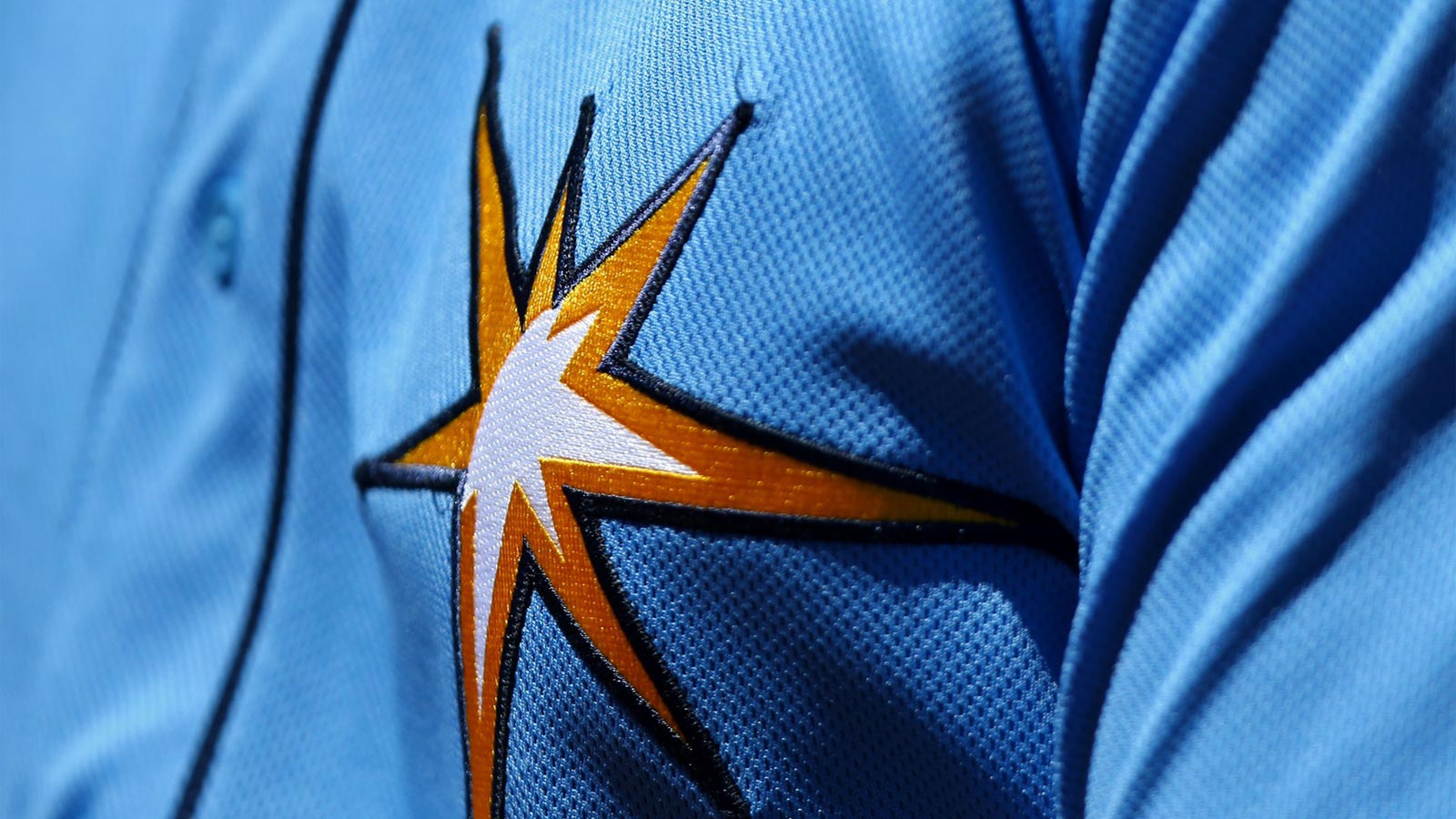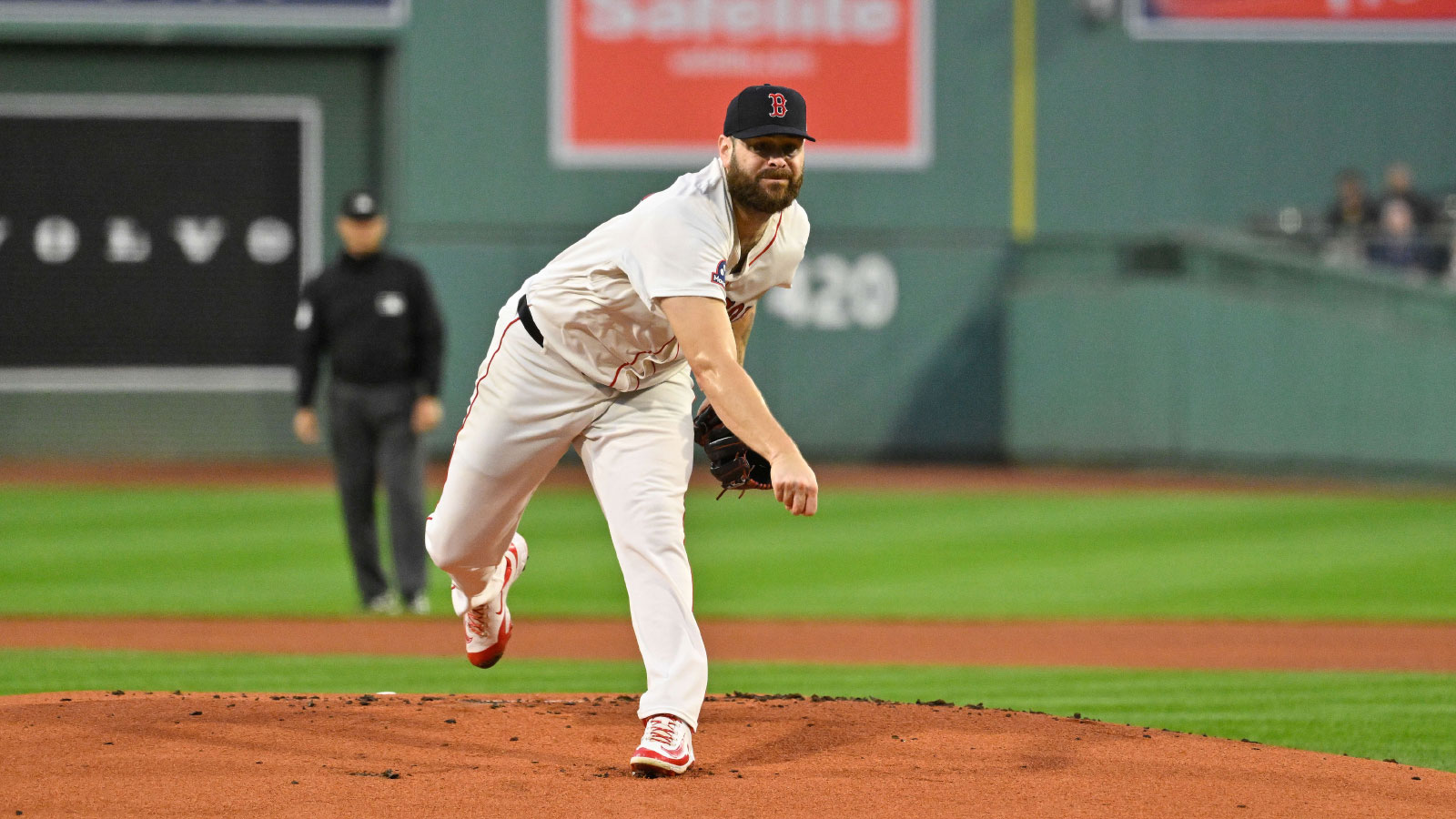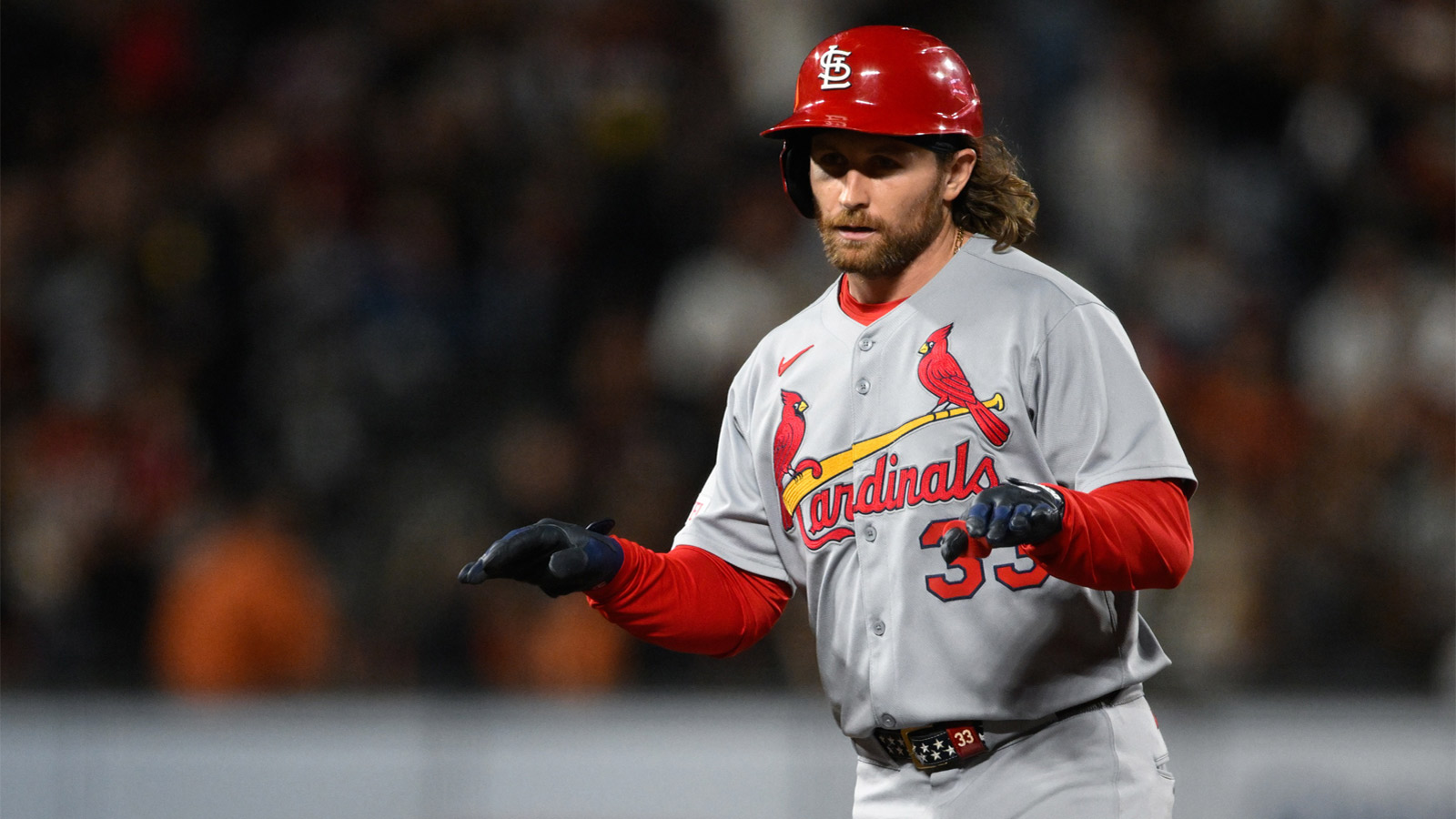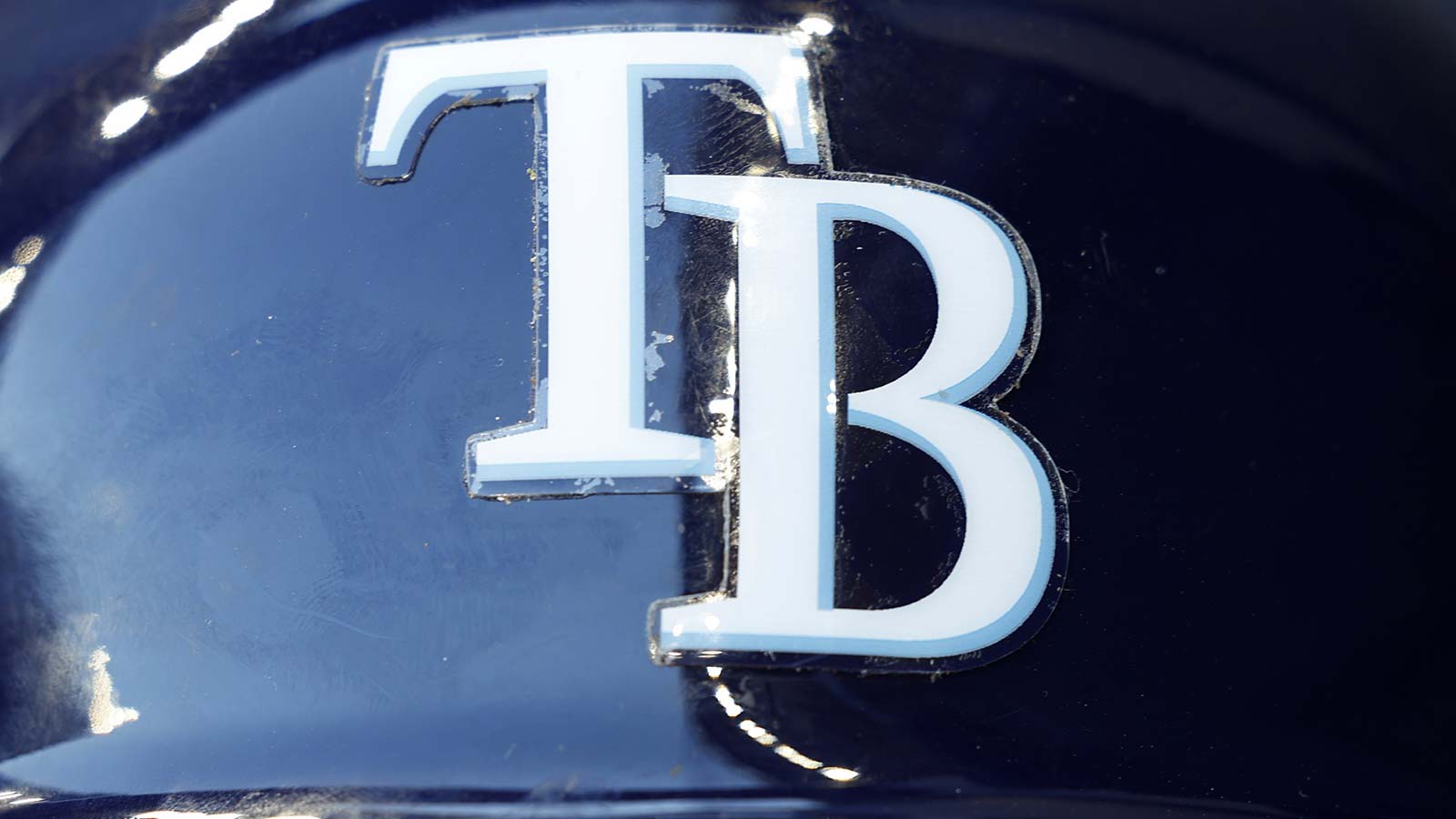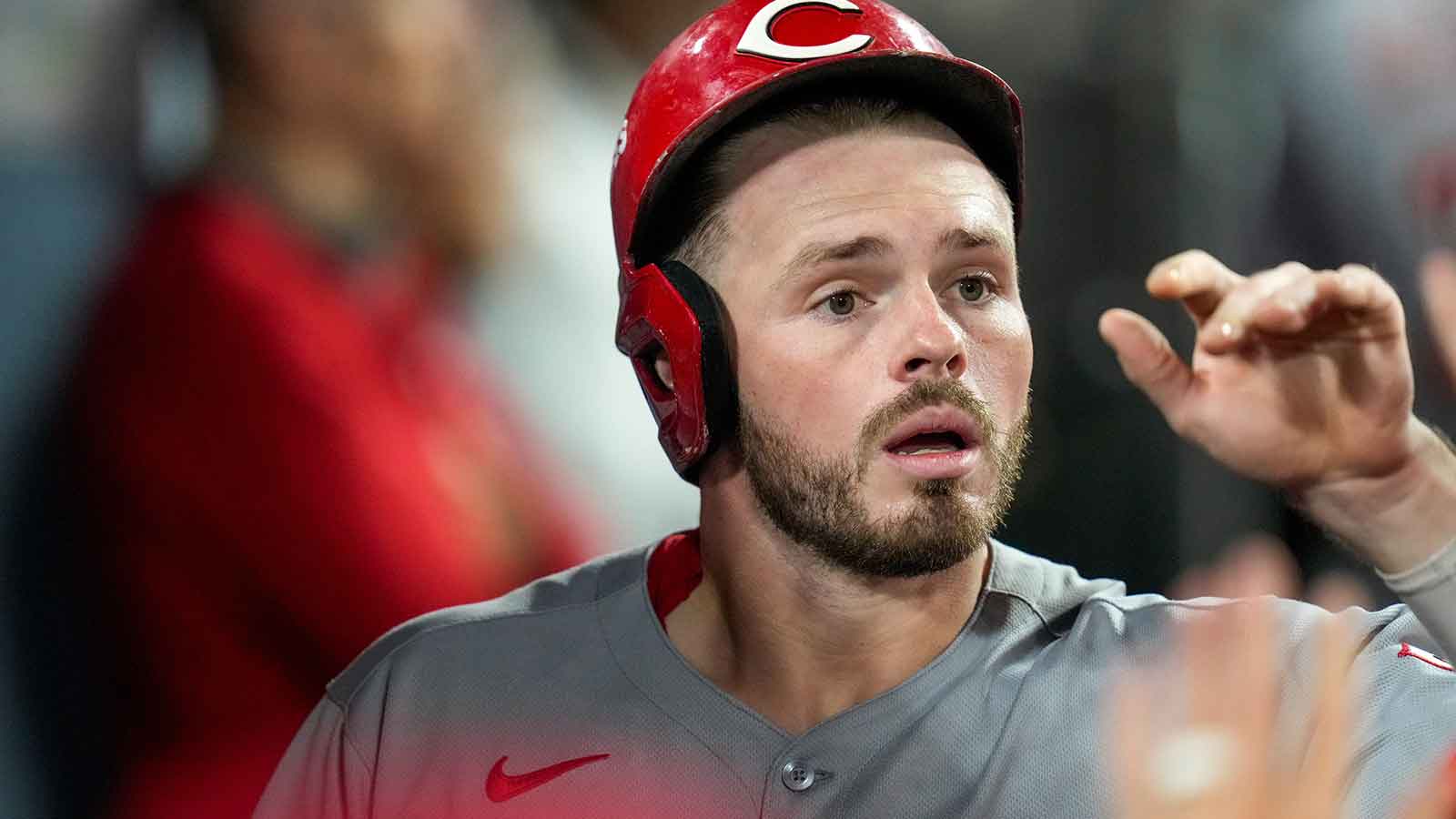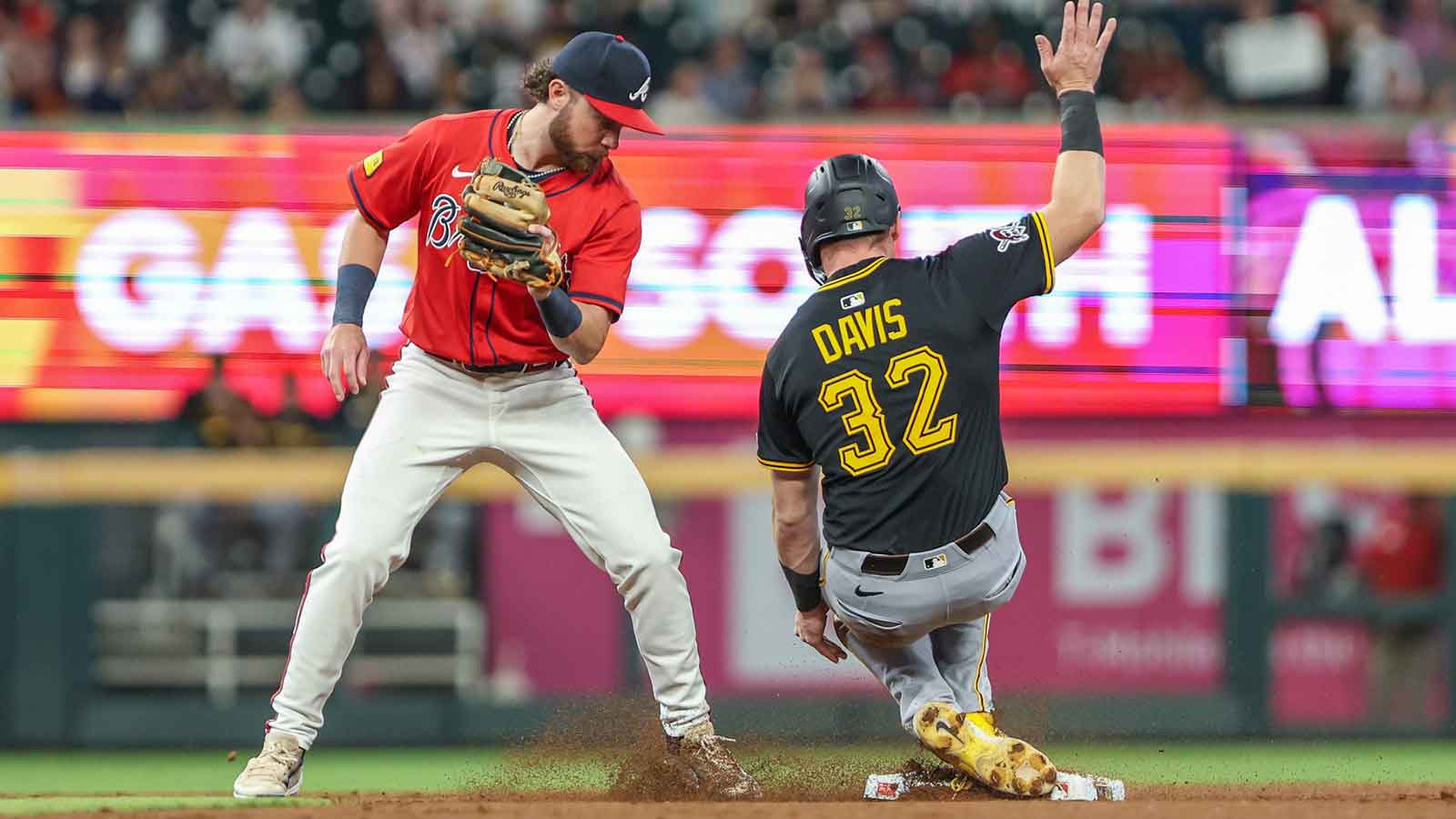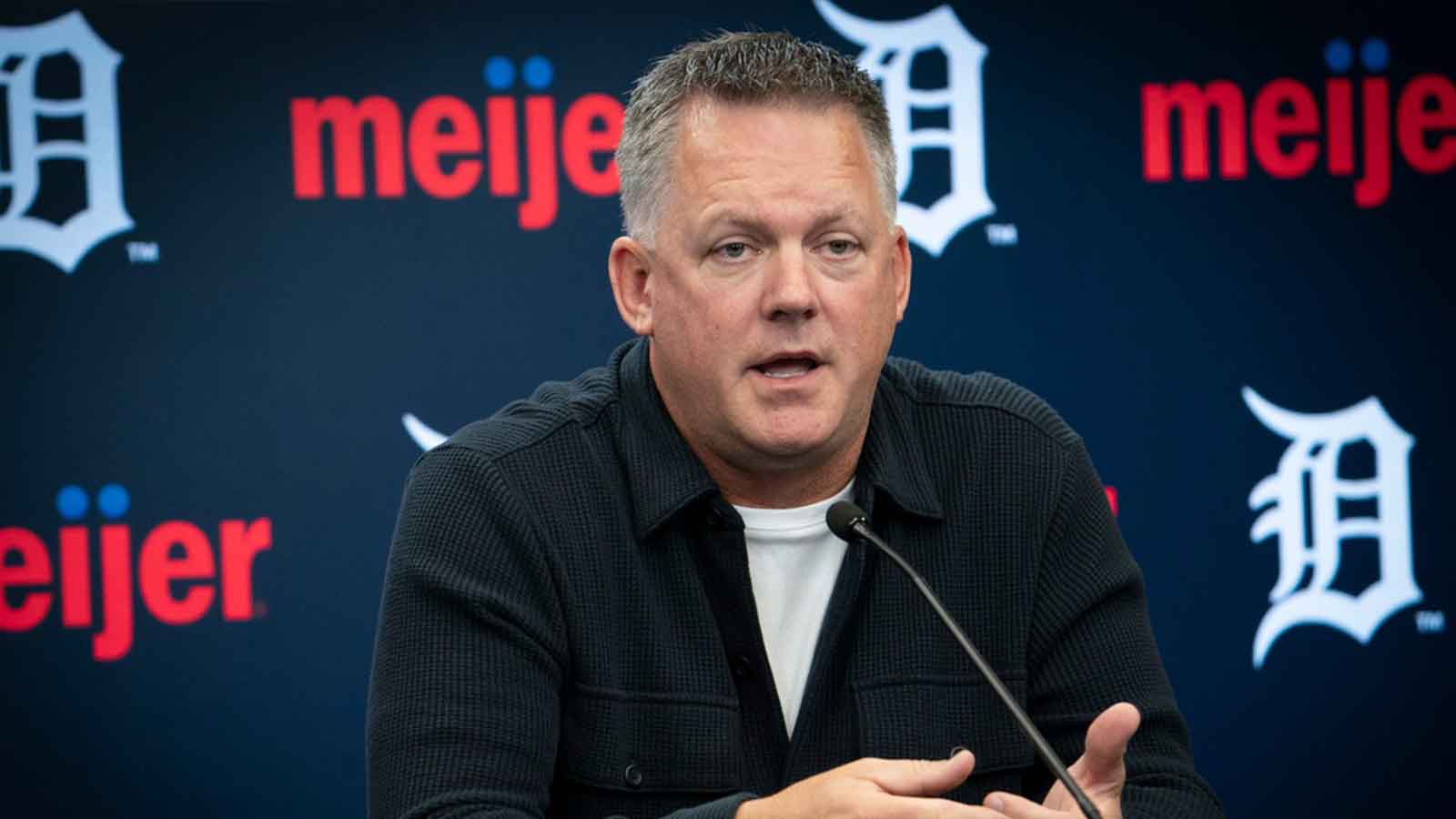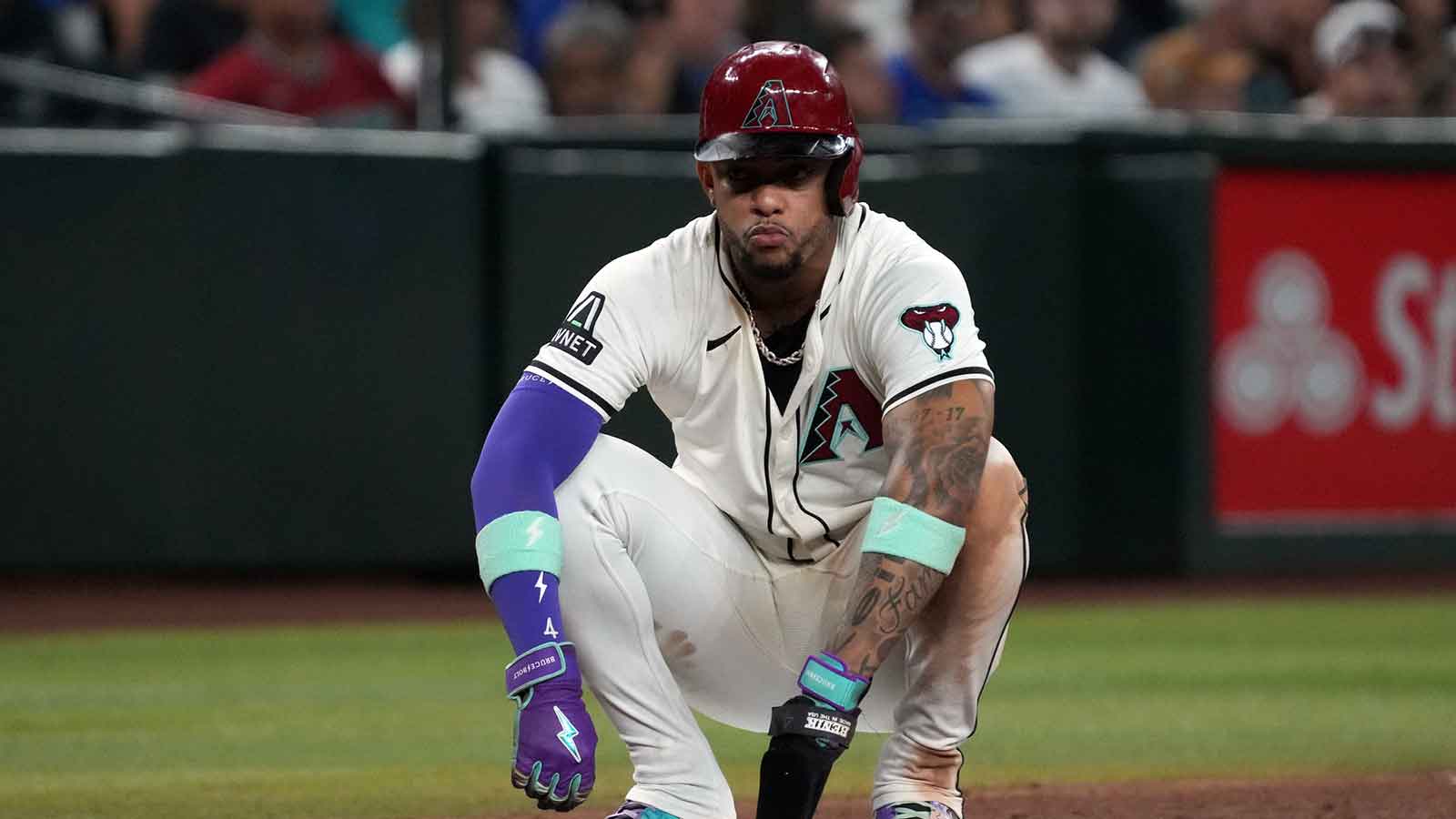The Tampa Bay Rays kicked off the season in impressive fashion, winning their first 13 games. However, as the season progressed, they gradually returned to reality, though remaining quite competitive. The Rays currently hold the second spot in the American League East division, trailing the Baltimore Orioles by just 3.5 games. They still have a chance to reclaim the division title, especially considering they'll face the Orioles in a four-game series in mid-September. Regardless, the Rays are well on their way to securing a playoff spot, maintaining a five-game lead for the top Wild Card position. Yet, there's a long road ahead before October arrives. Can the Rays maintain their momentum until then?
The Rays struggle to stay healthy
It's crucial to recognize the remarkable achievements of the Rays this season, given the adversity they've encountered, primarily in the form of injuries. Despite losing their lead in the division, their resilience in securing the second spot is equally noteworthy. Since the All-Star break, the Rays have posted the third-best record in the majors, with a 33-17 performance. This success comes despite the absence of key players, particularly in their starting pitching rotation.
Drew Rasmussen, Jeffrey Springs, and the most recent addition to the list, Shane McClanahan, have all succumbed to injuries that require Tommy John surgery, sidelining them for a significant portion, if not all, of the next season. This does not even include Shane Baz, who underwent Tommy John surgery last season. Adding to the challenges, Tyler Glasnow, arguably their most prominent remaining starting pitcher, has been in and out of the injured list all season due to various ailments.
“They (the Rays) have faced pitching injuries for the last five to eight years,” Smoltz observed during a conversation with Ben Verlander's Flippin' Bats. “If you go back in time, they've encountered numerous injuries, yet they've demonstrated the ability to overcome most of them within their unique approach to the fragmented bullpen-focused season. They've made necessary adjustments from year to year. Remember when they committed to not letting a starter face a team thrice? They swiftly adapted when they realized their bullpen arms were becoming overused. So, they reevaluated and revised their strategy. They believe in varying arm angles and unconventional methods—they think differently, and they triumph.”
Smoltz's assessment is accurate: The Rays' unconventional thinking sets them apart, largely out of necessity. Being a small-market team with limited resources, the Rays must be inventive with their roster management, often relying heavily on analytics. While this approach proves effective, particularly in the regular season, its true test lies in the playoffs.
The Rays bullpen may face strain in the postseason
With the multitude of injuries impacting their starting rotation throughout the season, the bullpen has often been called upon to shoulder the workload. This could explain why the Rays rank third in the league for most innings pitched by relievers, totaling 516.1 innings. The only teams ahead are those from the Bay Area—the Oakland Athletics and the San Francisco Giants. The Giants presently hold the second Wild Card position in the National League.
“Does this translate to postseason success? I'm skeptical, but they keep defying expectations,” Smoltz continued, delving into the Rays' pitching challenges. “They find ways to secure a spot and make it challenging to defeat them. However, these are substantial losses. These losses have transformed them from elite to simply very good, and being very good can still yield results. While they might compensate for some of the absent pieces, the replacements will primarily emerge from the bullpen. They will construct a makeshift starting rotation, but their dependence on the bullpen will be considerable.”
The bullpen has not been immune to injuries either. One of their top performers, Garrett Cleavinger, sustained a season-ending knee injury, while Kevin Kelly has been unavailable since August 16 due to an ankle injury. With 36 games remaining, manager Kevin Cash hopes to stave off further injuries, ensuring a healthier path to the MLB playoffs rather than limping toward it.

